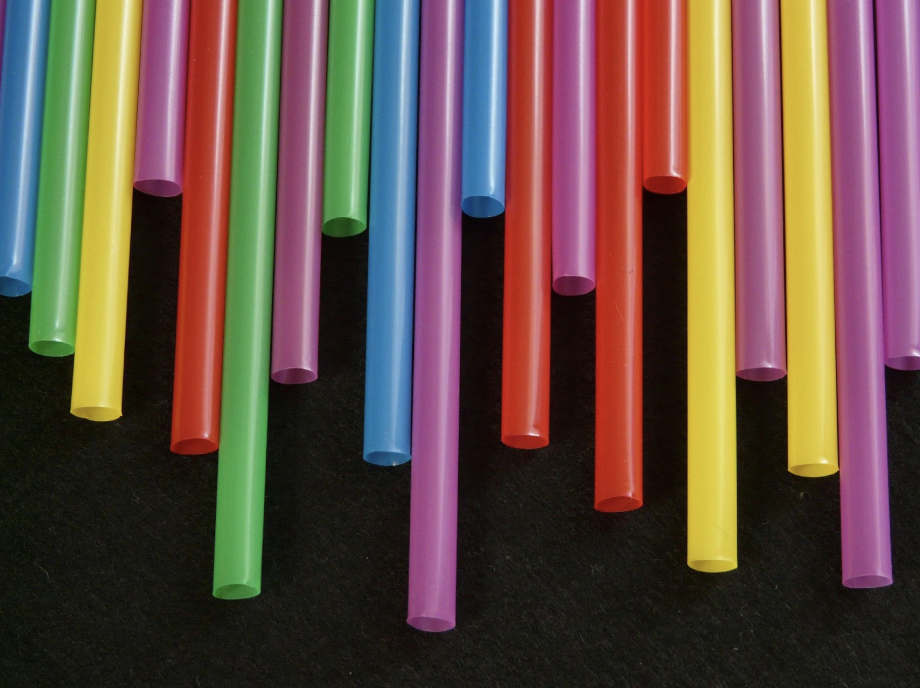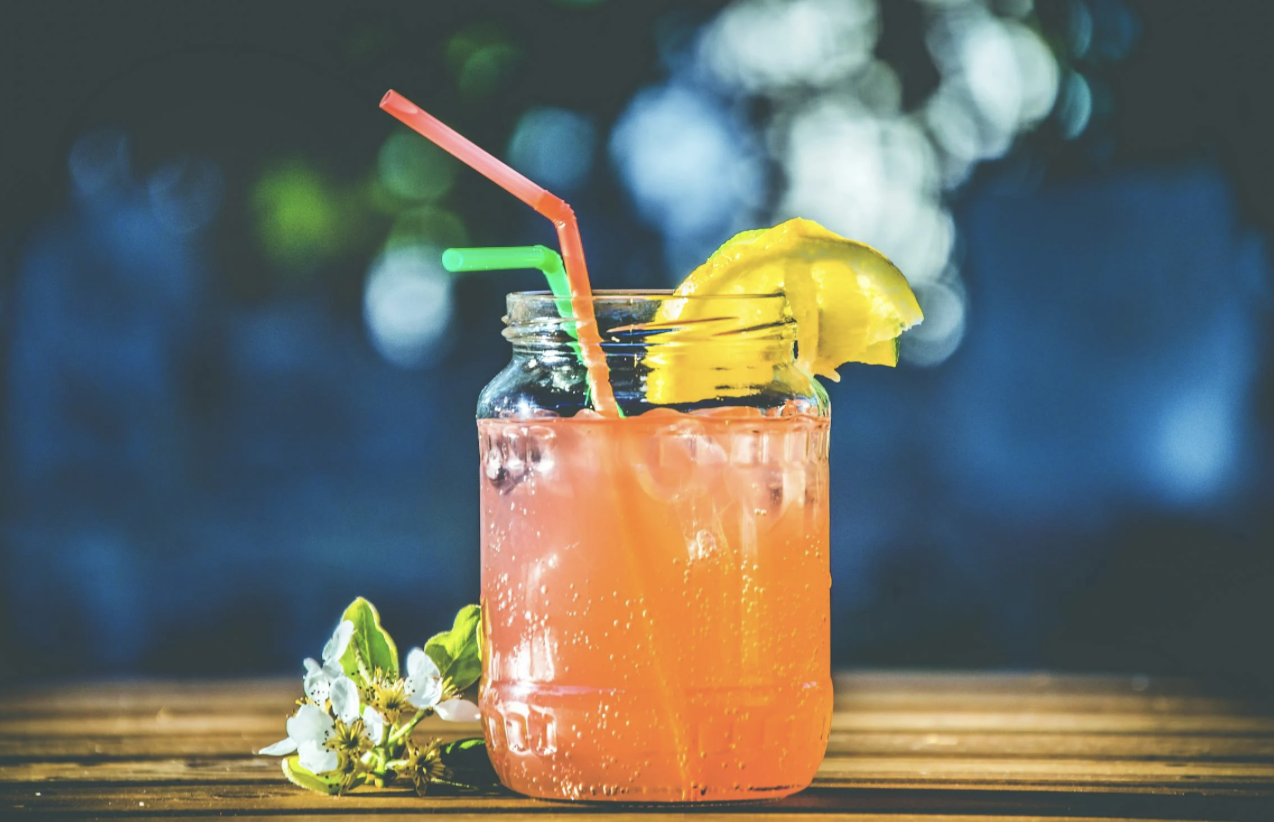
The Plastic Problem
Plastic pollution is one of the most pressing environmental challenges of our time. Every year, millions of tons of plastic waste end up in oceans, rivers, and landfills, posing a severe threat to wildlife and ecosystems. Among the many plastic culprits, one item has become a surprising symbol of the fight against pollution—the plastic straw.
For years, plastic straws were a staple of the food and beverage industry, used in everything from fast food drinks to fancy cocktails. However, their small size and lightweight nature make them difficult to recycle, leading to their widespread accumulation in the environment. As awareness of plastic pollution has grown, the battle against plastic straws—often called the “Straw Wars”—has intensified.
Why Straws?
Compared to larger plastic items like bottles and bags, straws may seem insignificant. However, their impact is anything but small. Here’s why plastic straws have become a major focus in the fight against plastic pollution:
They’re Everywhere – Americans alone use an estimated 500 million plastic straws every day. Globally, that number skyrockets.
They’re Non-Biodegradable – Like most plastics, straws don’t break down easily. Instead, they fragment into microplastics, which can persist in the environment for hundreds of years.
They Harm Marine Life – Straws frequently end up in the ocean, where they can be ingested by sea turtles, fish, and seabirds. One of the most viral moments in the Straw Wars was a heartbreaking video of a sea turtle with a plastic straw stuck in its nostril.
They’re Hard to Recycle – Due to their small size and lightweight nature, plastic straws often slip through the cracks of recycling machinery, ending up as waste.
The Movement to Ban Plastic Straws
Public outcry over plastic pollution has led to global efforts to reduce single-use plastics, with plastic straws being an easy target for change. Many governments, businesses, and individuals have taken action to phase them out:
Citywide and National Bans – Countries like the UK, Canada, and Australia have implemented restrictions or outright bans on plastic straws. Cities across the U.S., including Seattle and San Francisco, have followed suit.
Corporate Responsibility – Major companies like Starbucks, McDonald’s, and Disney have pledged to eliminate plastic straws in favor of sustainable alternatives.
Consumer Awareness – The “Skip the Straw” movement encourages individuals to refuse plastic straws altogether, opting for reusable or biodegradable options instead.
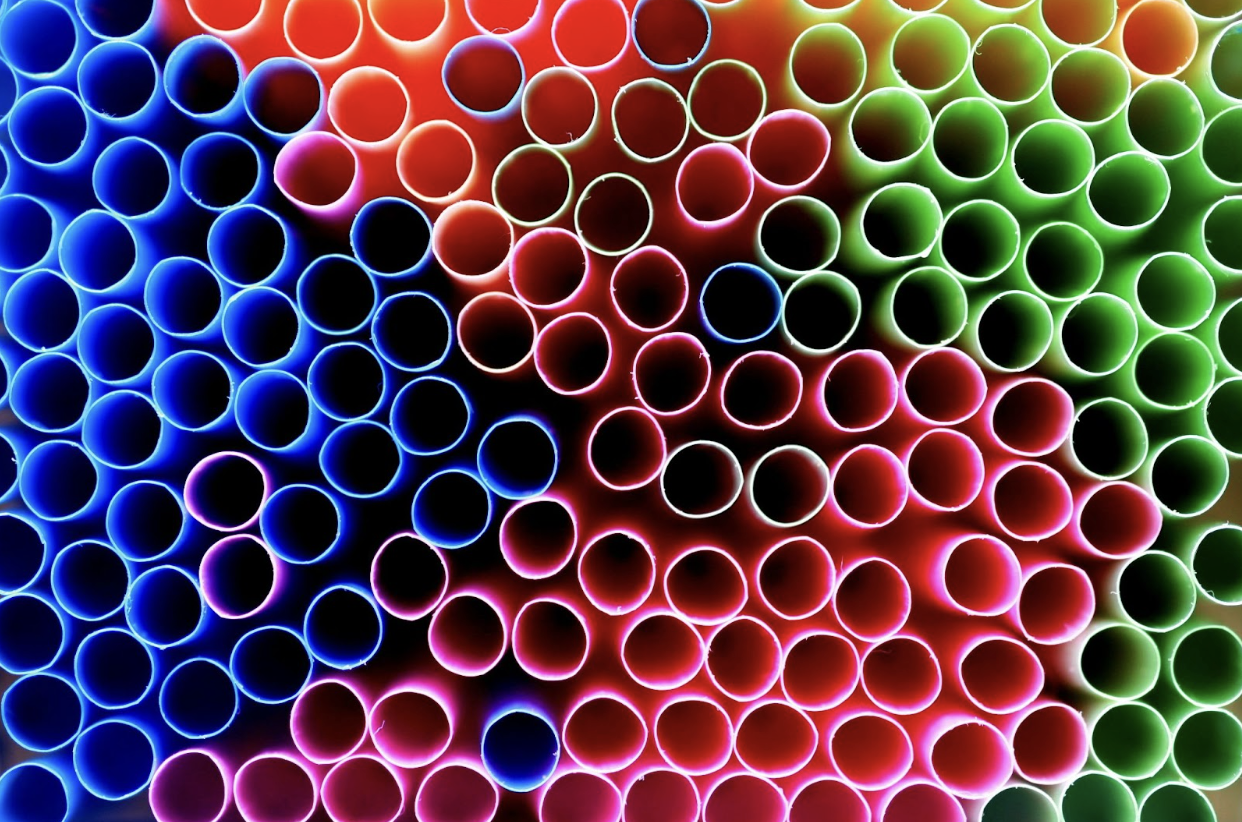 The Alternatives: What’s Replacing Plastic Straws?
The Alternatives: What’s Replacing Plastic Straws?
As plastic straws disappear, new alternatives are emerging. Some are better for the environment, while others come with their own challenges:
Paper Straws – A common replacement, but they can get soggy quickly and may not be recyclable if coated with plastic.
Metal Straws – Durable and reusable, but they require proper cleaning and aren’t ideal for hot drinks.
Glass Straws – Aesthetic and eco-friendly, but fragile and not practical for every situation.
Bamboo Straws – Natural and biodegradable, but they can retain flavors and require careful maintenance.
Edible Straws – Some companies are even making straws out of pasta, seaweed, or rice, offering a zero-waste alternative.
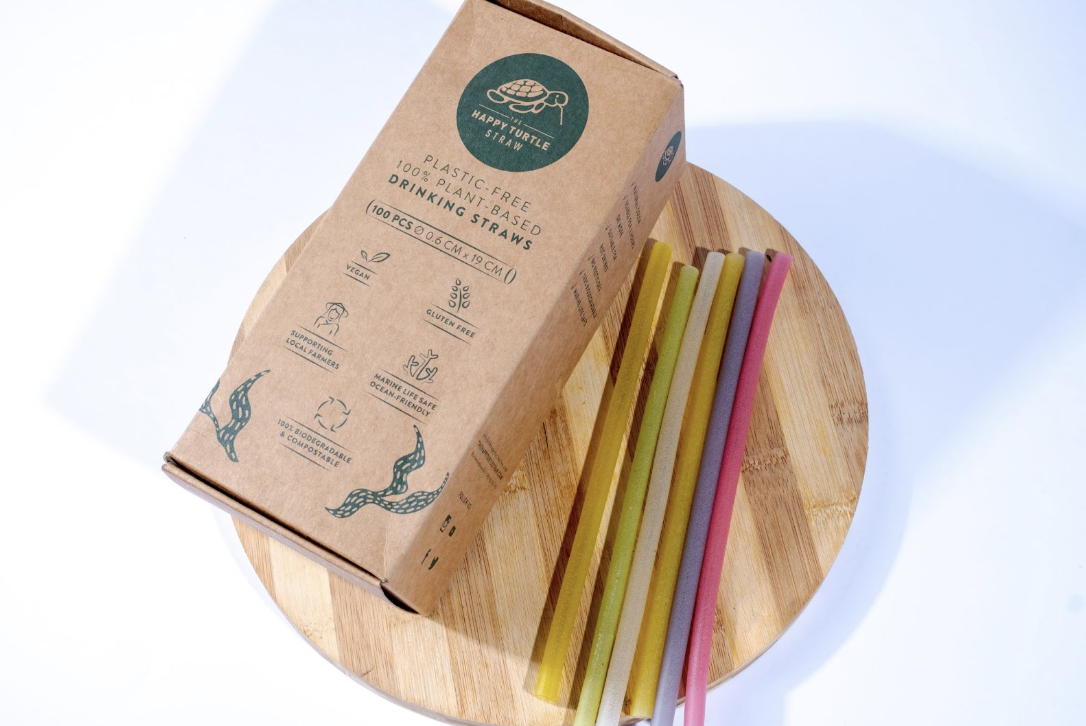 The Happy Turtle Impact
The Happy Turtle Impact
At The Happy Turtle Straw, we recognize that the battle against plastic pollution is far from over. Our mission is to manufacture and distribute the next generation of single-use products designed to protect our forests, oceans, and wildlife.
Environmental and Wildlife Protection
We understand that many existing plastic alternatives have not yet reached the level of effectiveness needed to create lasting change. That’s why we’ve developed a straw that leaves no trace of harm behind – it’s completely safe for both nature and wildlife. Our rice and tapioca-based straws biodegrade in less than 90 days if they end up in nature, unlike other alternatives that can take years to break down.
Better Than Current Alternatives
We have crafted the finest eco-friendly product for consumers and businesses alike. Our straws are:
- 100% organic, vegan, and gluten-free
- Free of chemicals that are found in paper and bioplastic straws
- Sturdy and long-lasting, making them more reliable than paper alternatives
A Product for All Generations
Children love our straws because they know they won’t harm animals—plus, they can even feed them to wildlife safely! By choosing The Happy Turtle Straw, consumers contribute to a sustainable future while still enjoying the convenience of a reliable, eco-friendly drinking straw.
Are Straw Bans Enough?
While eliminating plastic straws is a positive step, it’s just a small part of the larger fight against plastic pollution. Straws make up only a fraction of the plastic waste in our oceans. The real challenge lies in addressing single-use plastics on a larger scale—bottles, bags, packaging, and more.
Critics argue that straw bans may be more symbolic than effective, potentially distracting from the need for broader systemic change. Additionally, some people with disabilities rely on plastic straws for drinking, raising concerns about accessibility. The key is finding a balance between environmental action and inclusivity.
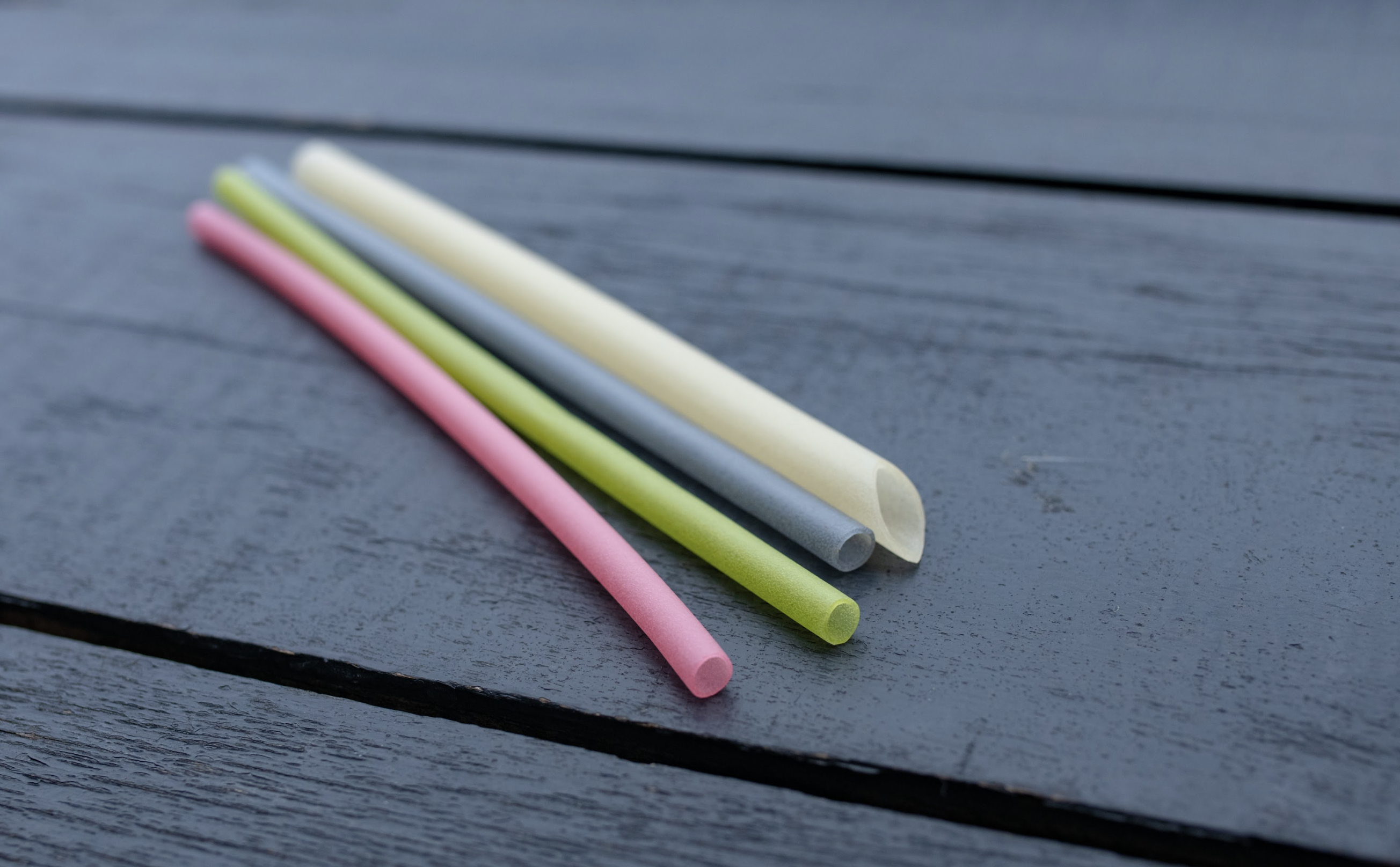 The Future of the Straw Wars
The Future of the Straw Wars
The battle against plastic straws has sparked a larger conversation about sustainable living. It has encouraged people to rethink their consumption habits and push for broader policy changes. Moving forward, we must:
- Continue Innovating – Support the development of new, truly sustainable alternatives to single-use plastics.
- Educate & Advocate – Raise awareness about the full scope of plastic pollution and encourage systemic solutions.
- Think Beyond Straws – While skipping the straw is a good start, we must reduce plastic use across all industries.
The Straw Wars may be just one battle, but they represent a larger fight—one that requires collective action, innovation, and commitment to a cleaner planet. With initiatives like The Happy Turtle Straw, we can take meaningful steps toward eliminating plastic waste and protecting our oceans for generations to come.
